Smartest Countries Ranked- Here's Where the US Comes in

Determining the average intelligence of a country ‘s population is a bit more complicated than you might expect. For one thing, IQ alone isn’t always the best indicator of intelligence, as it simply measures how much a person knows in the here and now. Additionally, it doesn’t measure social or emotional intelligence, nor does it determine the potential for one ‘s success. With that in mind, we ‘ve put together this list of the smartest countries ranked, based on the following metrics: Average national IQ, the number of Nobel Prize winners produced, and educational achievement.
Now click through to see where your home country ranks!
<span >30. </span>Argentina

Argentina, the only Latin American country on our list, doesn't rank very high when it comes to average national IQ, which is just 93. Its educational achievement also isn't so hot, as it doesn't rank at all in the top 25. Where the South American nation excels is in its number of Nobel laureates (five), and its impressive literacy rate, which is the second-highest in all of Latin America. The country has also been making big strides in creating more higher education institutions and sending more students to college. In fact, in the last decade, the number of students attending college has increased by 68 percent!
<span >29. </span>Spain

Spain can boast an average national IQ of 98 and a relatively high number of Nobel prize recipients- Eight. Where the Southern European country falls a little short is in school achievement- It doesn't rank among the top 25 nations at all in that category. School is required for all children up until age 16, or the equivalent of sophomore year of high school in the United States. The Spanish government is working on reforming its vocational education system to combat the rising unemployment in the country.
<span >28. </span>Luxembourg

The tiny European nation of Luxembourg impresses when it comes to IQ – it has a national average of 100. Luxembourg has produced two Nobel prize recipients and has a free, multilingual educational system for everyone up through age 16. Not bad for such a tiny country, eh? Not unlike other European countries, secondary school students in Luxembourg enter a system called gymnasia, in which they are geared toward either a university education (the classical system) or toward vocational studies (the technical system).
<span >27. </span>Iceland

Iceland has had just one Nobel prize recipient, but when you think about how small the country is (population of just under 400,000 people), that 's still quite impressive. The average national IQ is 98.6, and the education system is set up similarly to that of other Nordic countries. Like Luxembourg, Iceland operates under the gymnasia system where students enter programs based on their academic strengths. All children are required to go to school until the age of 16.
<span >26. </span>Italy
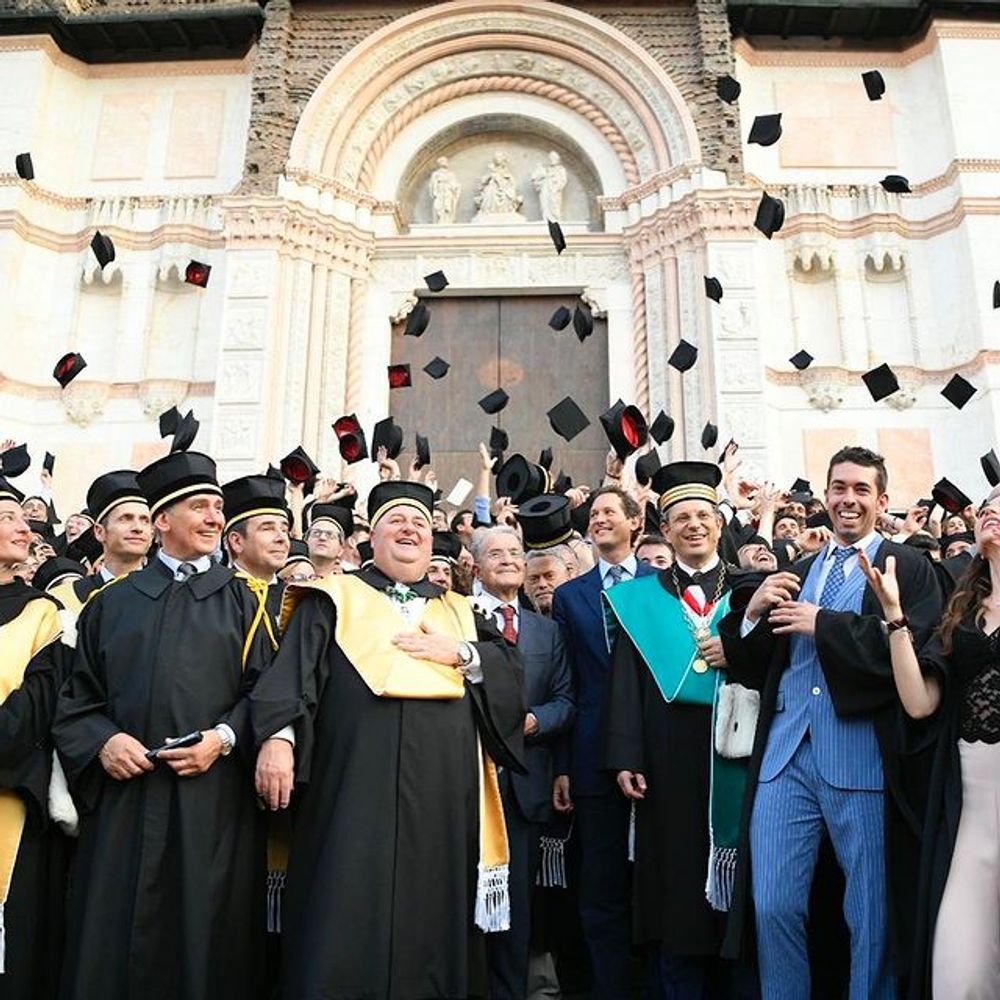
Italy has had an impressive 20 Nobel laureates through history, and an average national IQ of 102. All Italian children are required to attend school from ages 6-16. The Southern European nation 's education system is divided into five stages, and all education is free to all Italian residents, regardless of nationality. State-funded schools constitute the majority of higher education learning there. Fun fact- Italy is home to the oldest continuously operated college in the world, the University of Bologna (pictured), which was founded in 1088!
<span >25. </span>Singapore

Singapore is the winner when it comes to the highest IQ in the world- The national average is a remarkable 107.1, which beats the second-place IQ by about two points! Singapore also comes in first in the world for school achievement, with more than 71 percent of its students obtaining high test scores. Where the tiny country falls short is its number of Nobel laureates, which is zero. But still, the rest is all pretty impressive for a country with a population of only about 5 million!
<span >24. </span>France
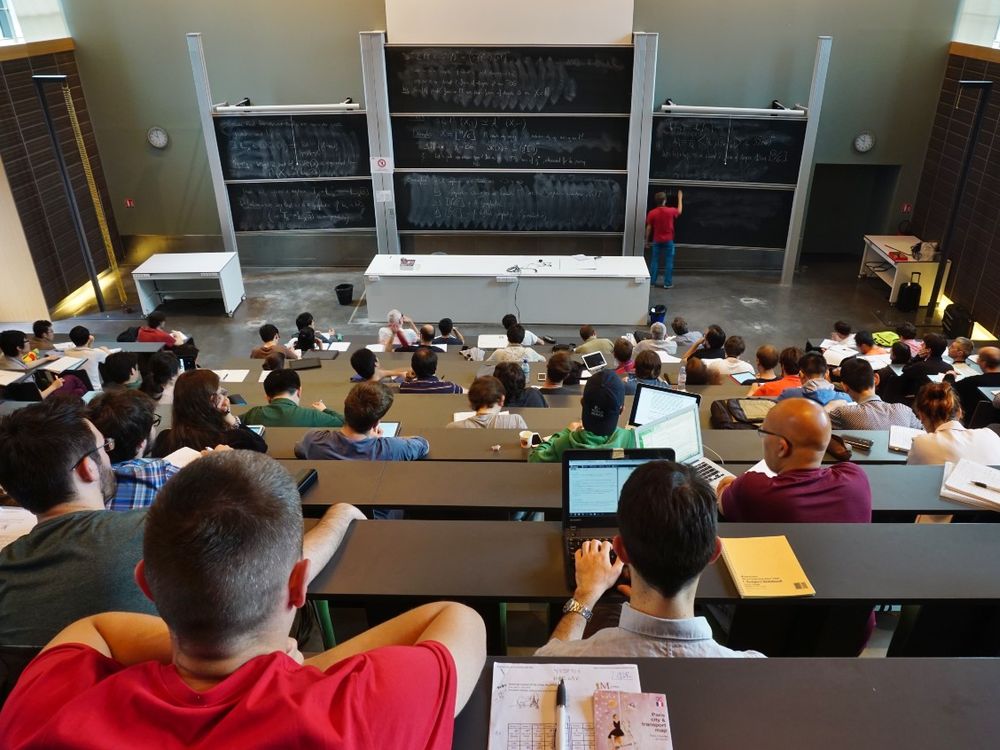
France has produced 62 Nobel prize recipients, and it 's tied for 24th in average national IQ, which is 98.1. Where the French fall a bit short, however, is in the school achievement category, which doesn't rank at all in the top 25. But what it can boast is its high literacy rate of 99 percent. Fun fact- The modern-day French university and secondary education systems were set up by none other than Napoleon Bonaparte himself.
<span >23. </span>Czech Republic

The Czech Republic unfortunately doesn't score too well when it comes to the category of school achievement, but it fares pretty well in the categories of average national IQ (98.9), and number of Nobel prizes awarded (five). Educational achievement for the Romani population in the country is far lower than for Czech children, as many Romani parents do not send their kids to school, or they do not speak the Czech language well enough to attend.
<span >22. </span>Israel
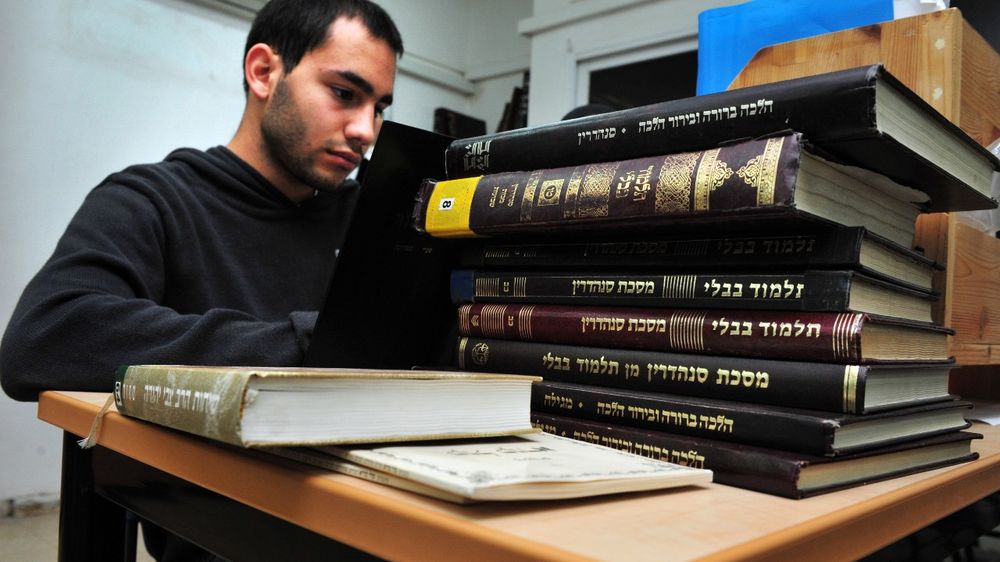
Higher education and the promotion of intellectual endeavors is a very important concept in Israeli society, so it makes sense that Israel scores well in the category of school achievement – nearly 30 percent of students receive top test scores. The country has also had 12 Nobel prize recipients in various disciplines including chemistry, economics, peace, and literature. Unfortunately, the national average IQ in Israel is quite a bit lower than the other countries on this list, at 95.
<span >21. </span>Poland

Poland ranks well in the categories of the number of Nobel prize winners, and in educational achievement. There have been 12 Polish Nobel laureates, and 26.83 percent of students achieve advanced test scores. The Central European country has an average national IQ of 99. Like other European countries, Poland also operates under a system where high school-aged students enter one of two tracks- Liceum, for those who want to further their academic education, and technikum, which focuses on vocational skills.
<span >20. </span>Sweden
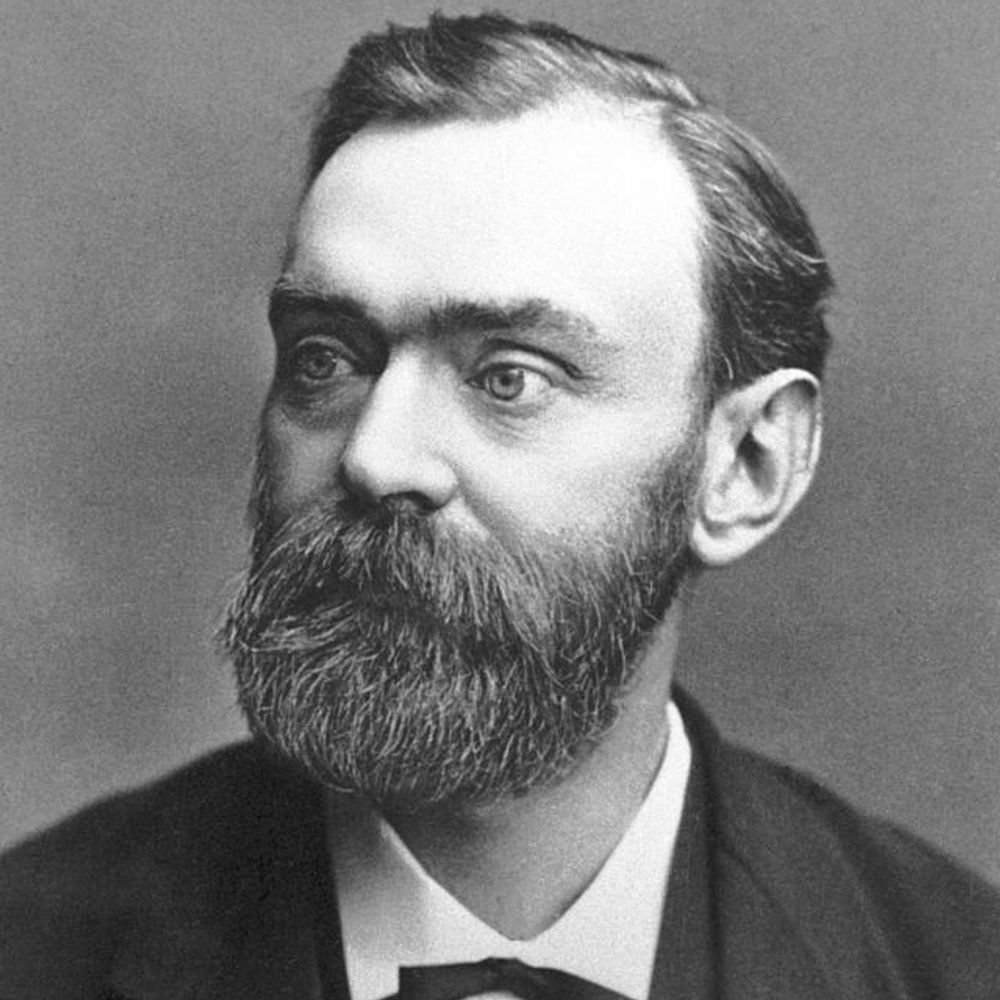
Sweden comes in 20th place on this list for a couple of reasons- Firstly is its average national IQ of 98.6, and secondly is its number of Nobel laureates, 30. The latter shouldn't come as too much of a surprise, seeing as the Nobel prize was named after a Swedish polymath named Sir Alfred Nobel (pictured) who held an impressive 355 patents (most notably for the invention of dynamite). Nobel left his patent fortune to the Nobel Prize institution.
<span >19. </span>Norway

Norway fares pretty well when it comes to its Nobel prize winners and school achievement; it 's produced 13 Nobel laureates so far and 27.49 percent of its students have obtained exceptional test scores. As for IQ, the national average is 99. Like many of the other countries on this list, schooling in Norway is mandatory up through the age of 16. The school year is fairly long when compared with the United States, as it runs from mid-August through June.
<span >18. </span>Australia
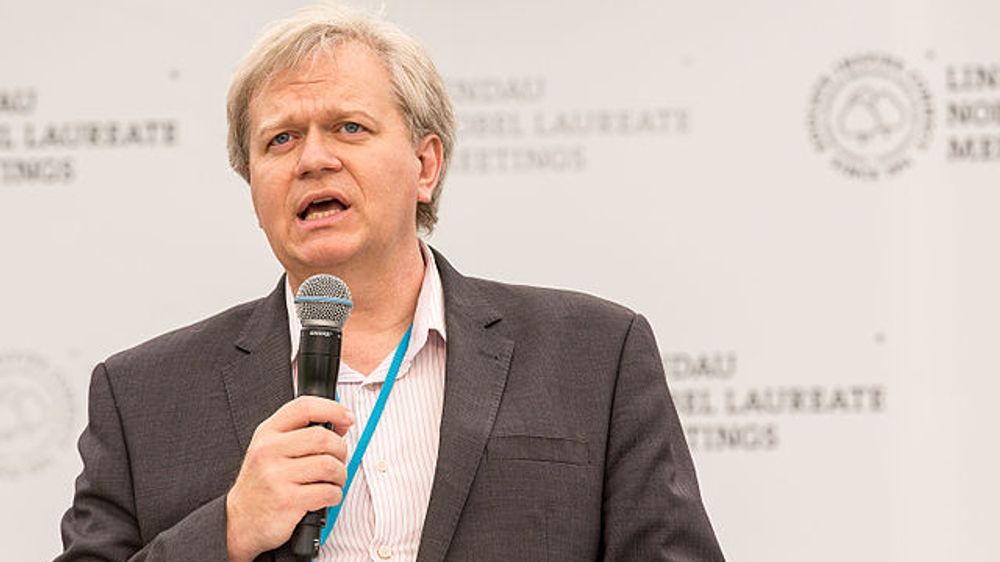
The average national IQ in Australia is 99.2, and the country has produced an impressive 12 Nobel laureates. As far as educational achievement goes, however, Australia doesn't make the top 25. The school system 's funding and regulation is largely left up to the states and territories themselves, although the federal government assists in some of that as well. As of 2021, the most recent Nobel prize recipient in Australia is Brian Schmidt (pictured), who won the award for physics in 2011.
<span >17. </span>Denmark

Denmark is routinely recognized as one of the happiest countries in the world; perhaps its highly intelligent population is a factor there? The Scandinavian country is tied for 18th place in the category of school achievement, in which 27.51 percent of students obtained top test scores. It 's also produced 14 Nobel prize laureates. The average IQ in Denmark is 98, which puts it right in the middle of this list. Danish children are only required to attend school until the age of 16, but about 82 percent continue their education past that.
<span >16. </span>Hungary
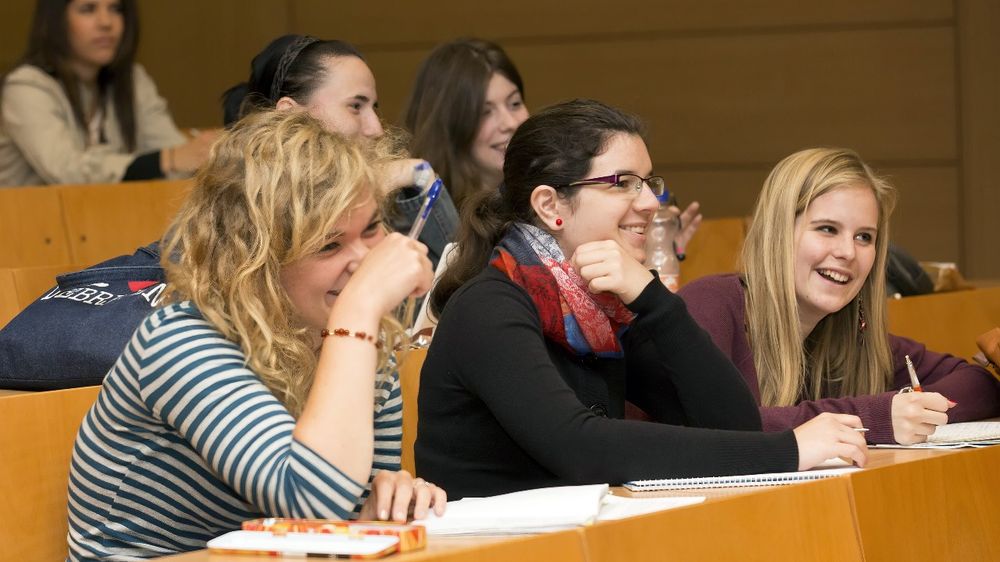
Hungary excels when it comes to school achievement, ranking 14th with 29.40 percent of students achieving high test scores. In terms of national IQ, Hungary comes in 24th place, with an average of 98.1. And lastly, the Central European country comes in 21st in the category of Nobel laureates, with nine recipients. School attendance in Hungary is mandatory until the age of 16, and secondary education features three types of schooling that prepares students based on their academic capabilities.
<span >15. </span>Finland

Finland 's main strength comes in the form of its national average IQ, which is 100.9, and the top IQ of all the European countries. It also ranks 23rd in school achievement, with 25.29 percent of students achieving top test scores. Perhaps the reason for its school achievement is because of its 11 compulsory years of basic education, as opposed to the standard nine in the United States. The reason Finland doesn't rank higher up on this list is because of its low number of Nobel laureates- Five, which puts it in 25th place in the world.
<span >14. </span>Austria

Austria 's national average IQ sits at 99, putting it in 18th place. When it comes to the number of Nobel prize laureates produced, it ranks 10th in the world with 21 recipients. Unfortunately, where the Central European country falls short is in its quality of education. This could be due, in part, to the fact that education-related laws effectively have constitutional status, meaning that they can only be passed or amended by a two-thirds majority in parliament. So perhaps the education system is a little out-of-date?
<span >13. </span>Taiwan

The little island nation of Taiwan ranks pretty dismally when it comes to Nobel prize winners; it comes in 46th in the world with just four recipients. But it makes the No. 13 spot on our list for its impressively high national average IQ, 104.6, and its high school achievement, in which 63.21 percent of students have achieved top test scores – especially in math and science. Taiwan sits in fourth place in both of these metrics.
<span >12. </span>Germany

Germany gets the 12th spot on this list for its impressive number of Nobel laureates, 106, putting it in third place globally in that metric. Its national IQ, however, is quite a bit lower with an average of 98.8, putting it in 21st place. Where Germany really comes up short is in school achievement. In fact, it doesn't even rank in the top 25 in that metric. This may be because the German educational system places more value on a high level of self-confidence and happiness when compared with other top countries on this list.
<span >11. </span>Hong Kong
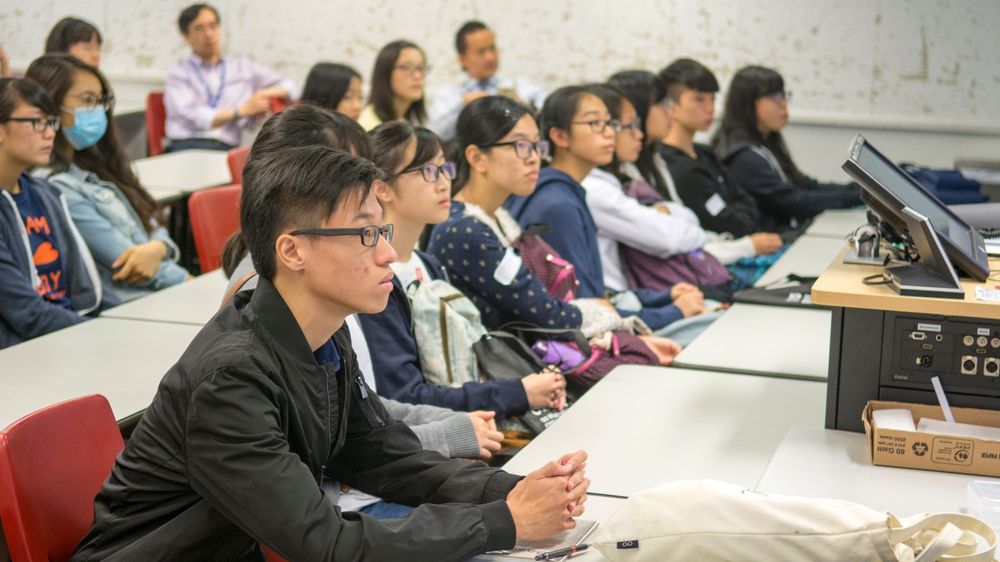
Given that Hong Kong was a British territory from 1841 through 1997, it makes sense that its school system is largely modeled after that of the United Kingdom 's – or more specifically, the English system – which involves local government authorities implementing public education policy at a local level. Hong Kong ranks third in the world for the percentage of students achieving advanced test scores, and third in the world for national average IQ, which is an impressive 105.7.
<span >10. </span>South Korea

South Korea is known for its rigorous school system, and that definitely shows in its second-place ranking in school performance. The East Asian nation also scores exceedingly high in national IQ, 104.6, putting it in fourth place in the world in that metric. Where South Korea scores a bit lower is in the number of Nobel laureates produced- Just one. South Korea has quite a few top universities, and school children are taught both computer science and languages, starting in first grade.
<span >9. </span>Canada

Canada can boast a high national average IQ of 100.4, and it ranks eighth in the world for the number of Nobel laureates produced (23). But unfortunately, Canada 's school performance doesn't rank very high when compared to the other countries in the top 10 on this list, at 34th in the world. The top universities in Canada are the University of Toronto, the University of British Columbia, and McGill University (pictured) – all of which rank in the top 50 schools in the world.
<span >8. </span>United Kingdom
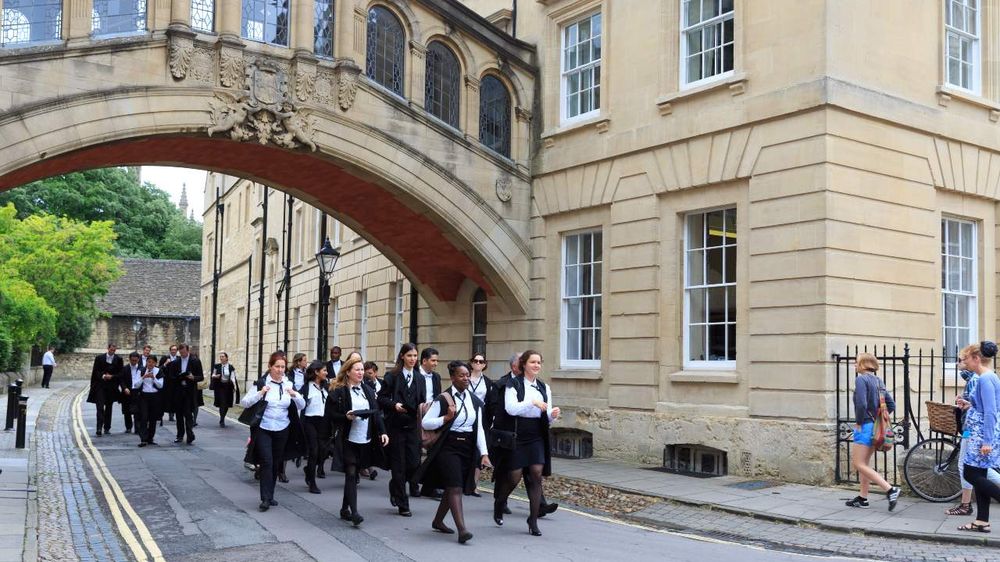
The United Kingdom really shines in its number of Nobel laureates produced (an impressive 132), putting it in second place in that category. The average national IQ is 99.1, and it comes in 30th place when it comes to general school performance. But Great Britain 's higher education still sits on top, which makes sense when you consider the fact that it 's home to both Oxford and Cambridge Universities, which rank fifth and ninth in the world, respectively.
<span >7. </span>Belgium
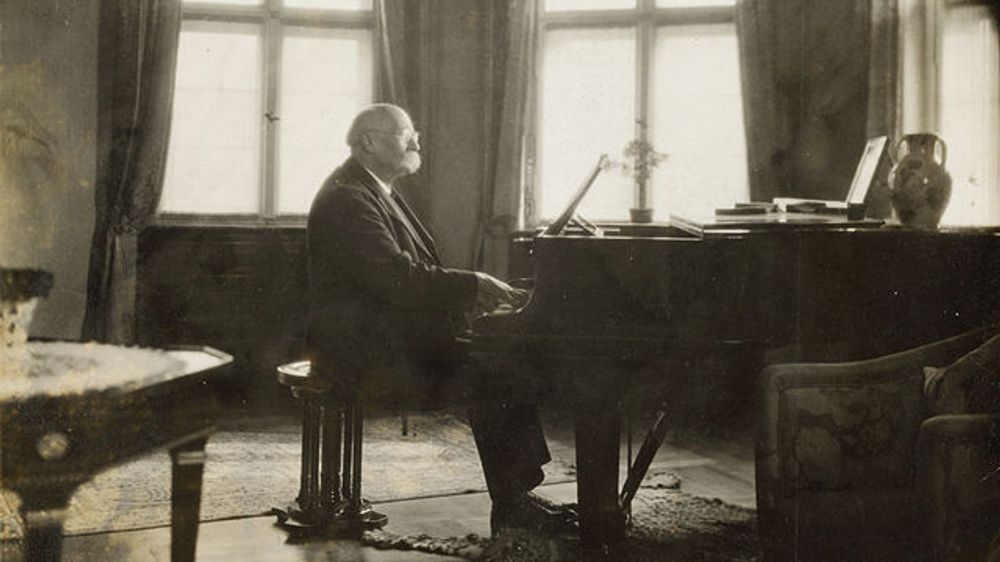
Belgium has an average national IQ of 99.3, putting it in 15th place in that metric. The Western European country has produced 10 Nobel laureates, putting it in 18th in the world, and 16th place when it comes to school performance. Belgian universities have a rich history as prominent education centers of Europe with a high quality of teaching. The top university in Belgium (and the only one that cracks the top 100 universities in the world) is the Catholic University of Leuven. Pictured is Henri La Fontaine, recipient of the Nobel Peace Prize in 1913.
<span >6. </span>Russia
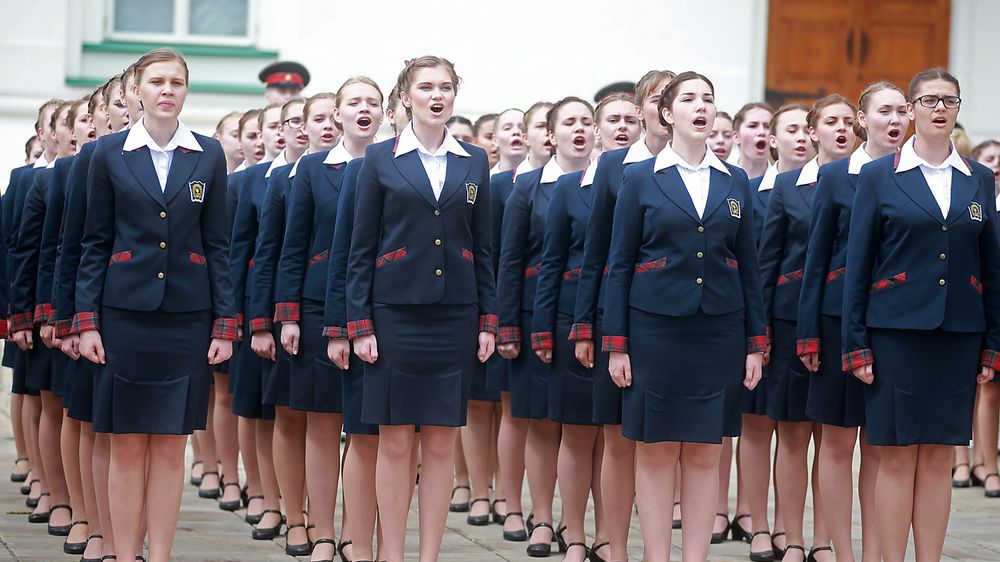
When it comes to IQ, Russia doesn't fare as well as the other top countries on this list with an average of 97, putting it in 32nd place in the world in that metric. But it makes up for that in the number of Nobel laureates produced (23), and school performance (sixth place). But unfortunately Russia also doesn't rank very high when it comes to the quality of its universities, specifically. Only one Russian university makes it into the top 100 in the world- Moscow State University.
<span >5. </span>Netherlands

The Dutch schooling system is known for catering to each student 's strengths and weaknesses to adequately prepare them for the working world. It 's one of the best education systems in Europe and certainly contributes to the nation 's high average IQ of 100.4 and impressive number of Nobel laureates (20), most of whom are chemists and physicists. The country ranks 24th in school performance in the world. There 's just one European nation that ranks higher than the Netherlands…keep clicking through to see which one!
<span >4. </span>United States

The good ol ' USA comes in at number four on our list with an average IQ of 98, and a ranking of 13th in school performance. But where America really shines is in the number of Nobel laureates produced- 368, which puts it in first place in that category by a landslide of epic proportions. Additionally, the Land of the Free boasts 33 universities on the list of top universities in the world – if you do some easy math, that means that exactly one-third of the best universities in the world are in the United States!
<span >3. </span>China

Third-ranked China has produced nine Nobel laureates and comes in at number seven when it comes to school performance alone. But perhaps most impressive is its average IQ of 105.8! China has a couple universities that rank in the top-100 worldwide, and postgraduate education is the fastest growing sector in the country. In 2003, a UNESCO report noted that the population of students in higher education had doubled in a short time, making it the world 's largest.
<span >2. </span>Switzerland
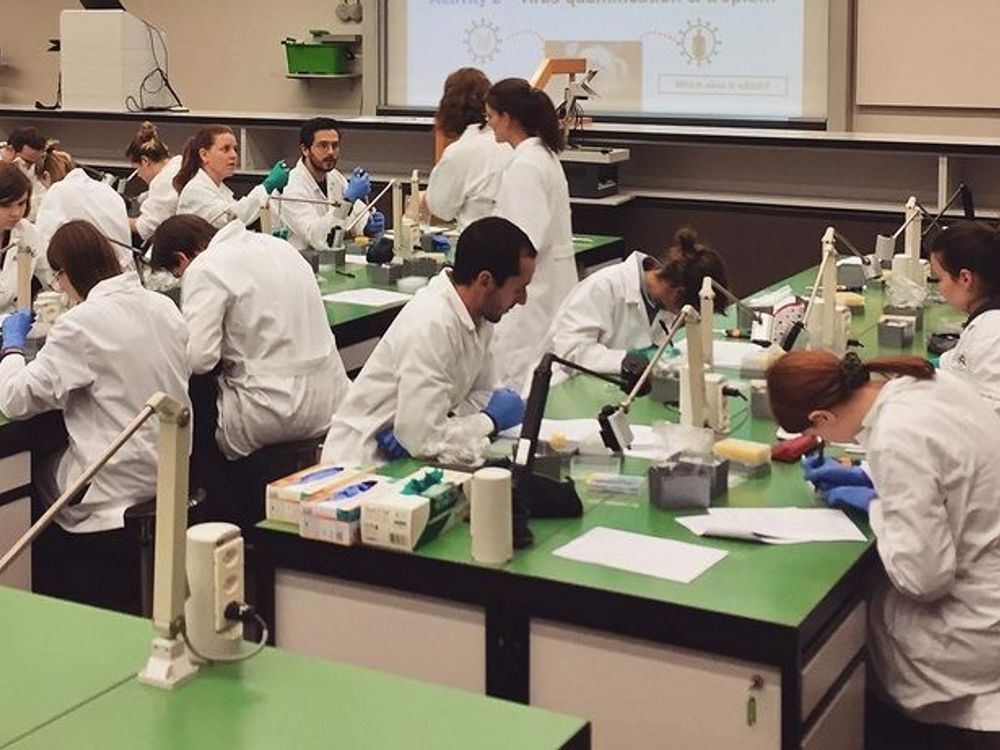
Second-ranked Switzerland can boast having an average IQ of 100.2, 26 Nobel Prize winners, and a school system that ranks 11th in the world. Not to mention, the European nation has one of the highest numbers of residents who have obtained higher education in the world. Switzerland 's impressive university system dates back hundreds of years, and has produced some seriously great minds, the most famous of which you may have heard of- Albert Einstein. Three Swiss institutions have made it into the top-100 best universities in the world.
<span >1. </span>Japan
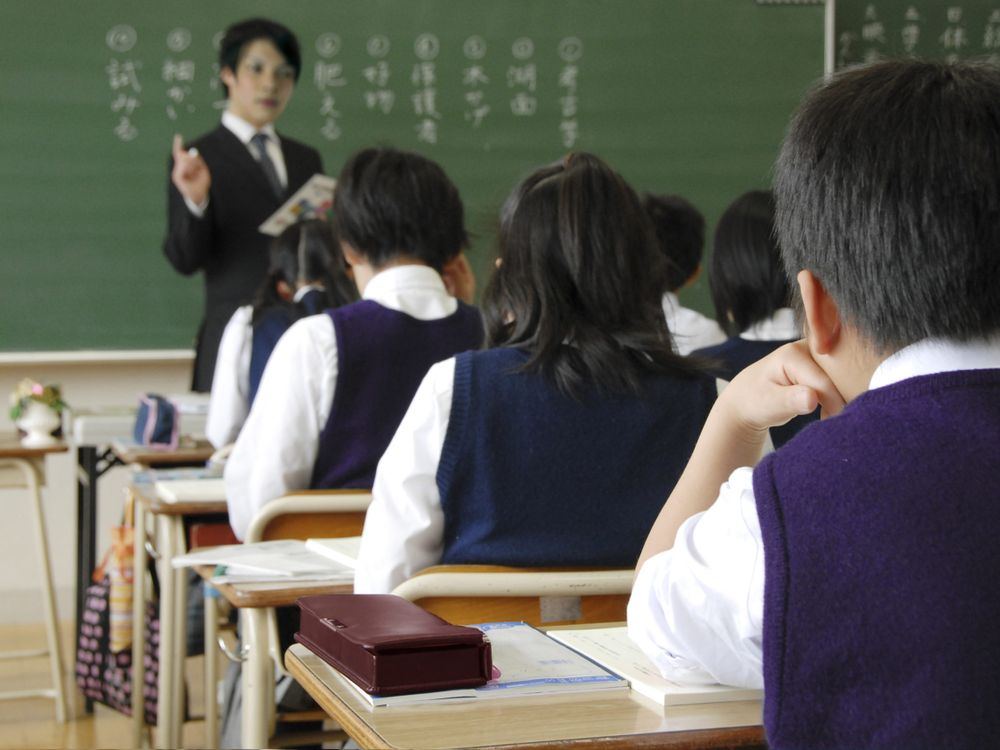
Coming in at number one on our list is none other than Japan, with an impressive national average IQ of 104.2, and 26 Nobel laureates produced. The East Asian nation ranks fifth in the world for standardized school testing, and in 2019, it had five schools ranked in the top-100 best universities in the world. Japan is stereotyped as being an incredibly advanced society, technologically speaking, so it probably doesn't come as much of a surprise that it landed in the number one spot, does it?
Quick Links
